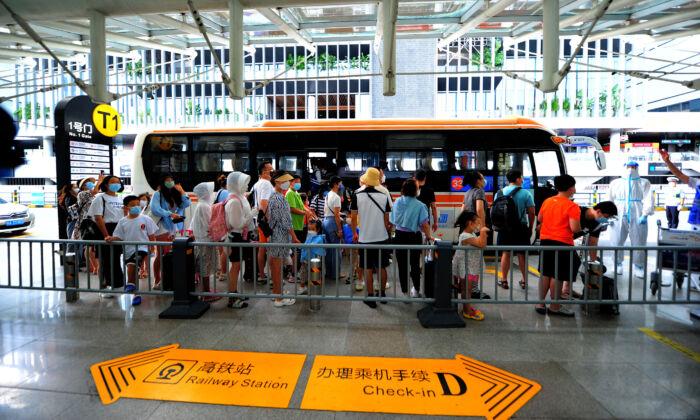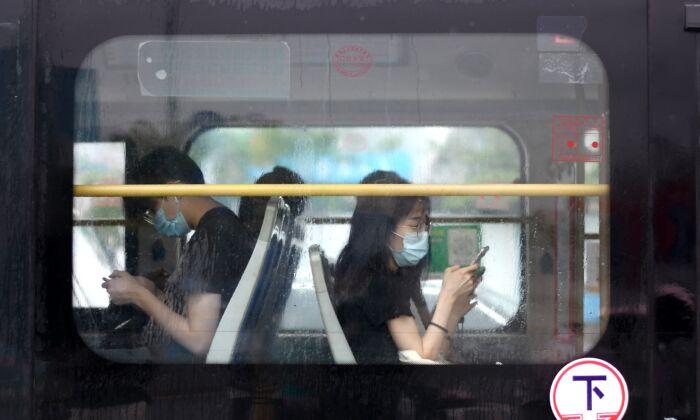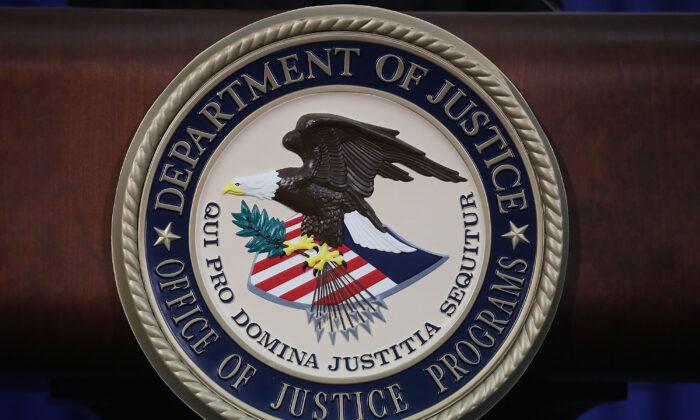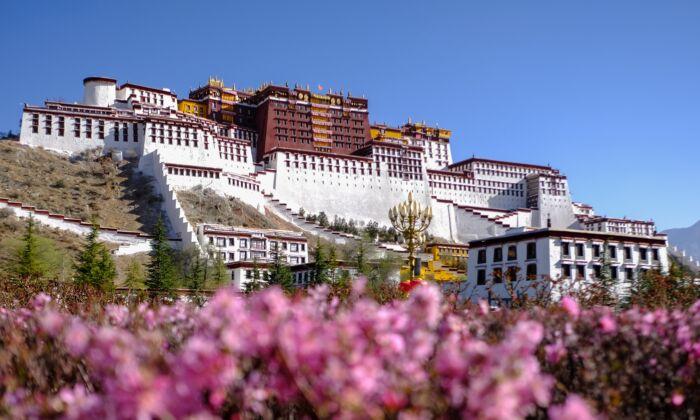“China’s non-state-owned firms are facing their most difficult situation in the past 40 years,” says Chen Shouhong, an economist in Hong Kong and China.
With recent reports of the Chinese regime increasing state interference in the private sector—from state officials to widely circulated essays hinting at more central planning—Chinese leader Xi Jinping sought to reassure private businesses on Sept. 27, while on an inspection tour of northeastern China.
At an aluminum production factory in Liaoning Province—the largest in all of Asia—Xi gave a speech in which he asserted that the central authorities would support private firms, while advocating state ownership.
“We have unswervingly developed a public ownership economy, and unswervingly encouraged, supported, guided, and protected the development of privately-run enterprises,” Xi said.
Chen, a former Hong Kong-based fund manager, recently discussed the current state of China’s private companies while delivering a training speech at the Cheung Kong Graduate School of Business in Beijing. Since its founding in 2002, the school has trained about 3,000 CEOs from major Chinese companies such as Jack Ma, founder of China’s tech giant Alibaba; Fu Chengyu, chairman of the state-owned Sinopec; and Wang Hanhua, former president of Amazon’s China operations.
In a Sept. 22 post on his personal blog (which has since been deleted), Chen wrote that he asked the class—which consisted of leaders at more than 40 publicly listed companies in China—“anxiety or panic, which one are you feeling?” Most of them chose panic.
“Seven months ago, I conducted a training at the China Europe International Business School [in Shanghai]. The trainees in my class were entrepreneurs like you,” Chen said to the class. “Most of them had chosen anxiety. Seven months isn’t long, but the situation has changed tremendously since then.”
Chen explained that anxiety meant the entrepreneurs felt pressure, but could still control the risks. Panic means that when facing challenges, the entrepreneurs feel hopeless.
The Pressure Is Not Mainly From Trade War
Although the U.S.-China trade war has put pressure on Chinese companies through tariffs, China’s internal policies have made private firms feel the squeeze.For example, the Chinese regime continues to give preferential treatment to state-owned enterprises (SOEs). Voice Of America reported on Jan. 27 that 80 percent of industrial loans from the central government and state-owned banks are given to SOEs.
The People’s Bank of China, China’s central bank, announced that its total loans in 2017 were 13.53 trillion yuan ($1.97 trillion), of which 6.71 trillion yuan ($980 billion) went to businesses that aren’t in the finance sector. In turn, most of that amount was awarded to SOEs, with private firms receiving less than 1.34 trillion yuan ($200 billion) in total loans.
While SOEs occupy more than 70 percent of financial resources in China, they generate less than 30 percent of the country’s gross domestic product (GDP), Chen said.
Much of China’s heavy industries and natural resources are managed by SOEs, such as the steel, oil, heavy machinery, communications, defense, and infrastructure sectors.
Even with less government support, private firms contribute more to the economy. Chen said that in the past 40 years, private firms have contributed to 50 percent of China’s GDP, generated 60 percent of the country’s tax revenue, more than 80 percent of job opportunities—and developed many of China’s technological advances.
According to 2018 estimates by the New York-based think tank Council on Foreign Relations, between 2011 and 2016, profits in the private sector rose 18 percent, while profits at SOEs decreased 33 percent. Meanwhile, the share of corporate liability growth at SOEs soared to 80 percent by 2016 from 35 percent in 2002.
More Party Control
The central government has commenced a series of policies since 2017, including deleveraging and supply-side reforms, in order to stymie rising debt levels.Chinese financial media outlet Caixin reported on Sept. 13 that more than 20 private companies transferred equity to SOEs at a high ratio in 2018. In nine cases, the SOEs invested more than 6.2 billion yuan ($900 million) and are the majority shareholders at these companies.
There are 123 Chinese companies—both private and state-owned—publicly listed on the Hong Kong exchange that changed their company charters to formally establish a Communist Party branch within their company, as mandated by a Party-issued guideline in June, Hong Kong media recently reported.
Some companies have established rules that the Party branch budget must be higher than 1 percent of all employees’ salaries. Other company Party branches have stipulated that if the company doesn’t follow the Party’s regulations, the Party branch will report the issue to higher Party organizations.





